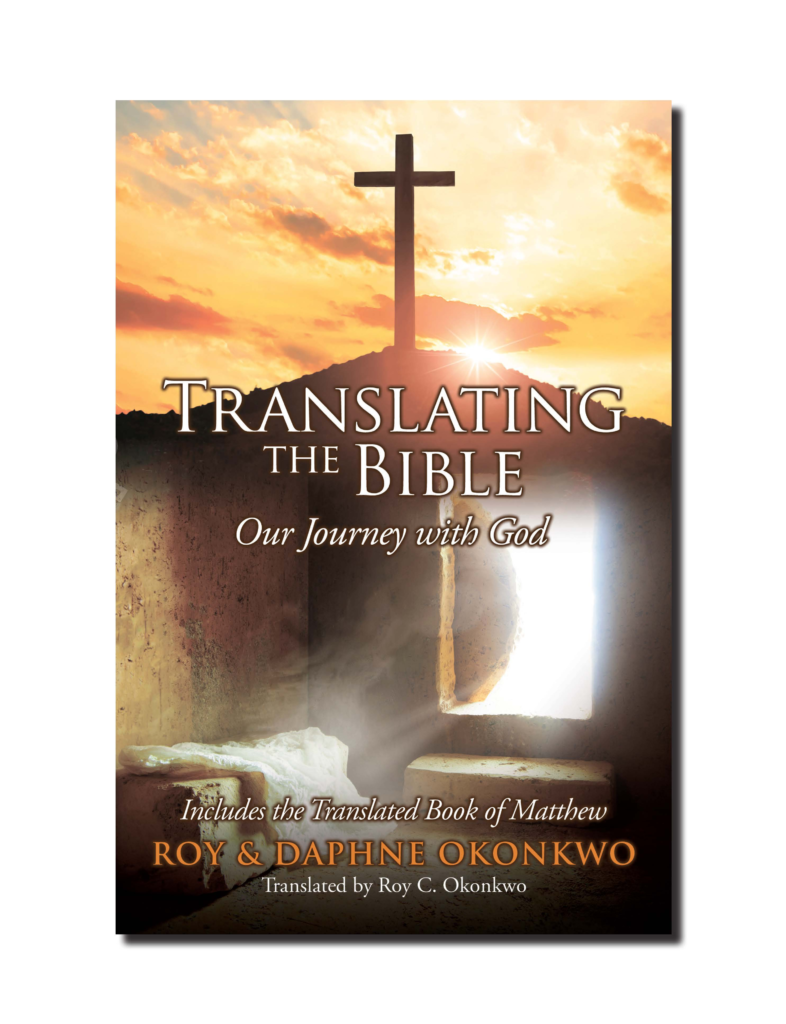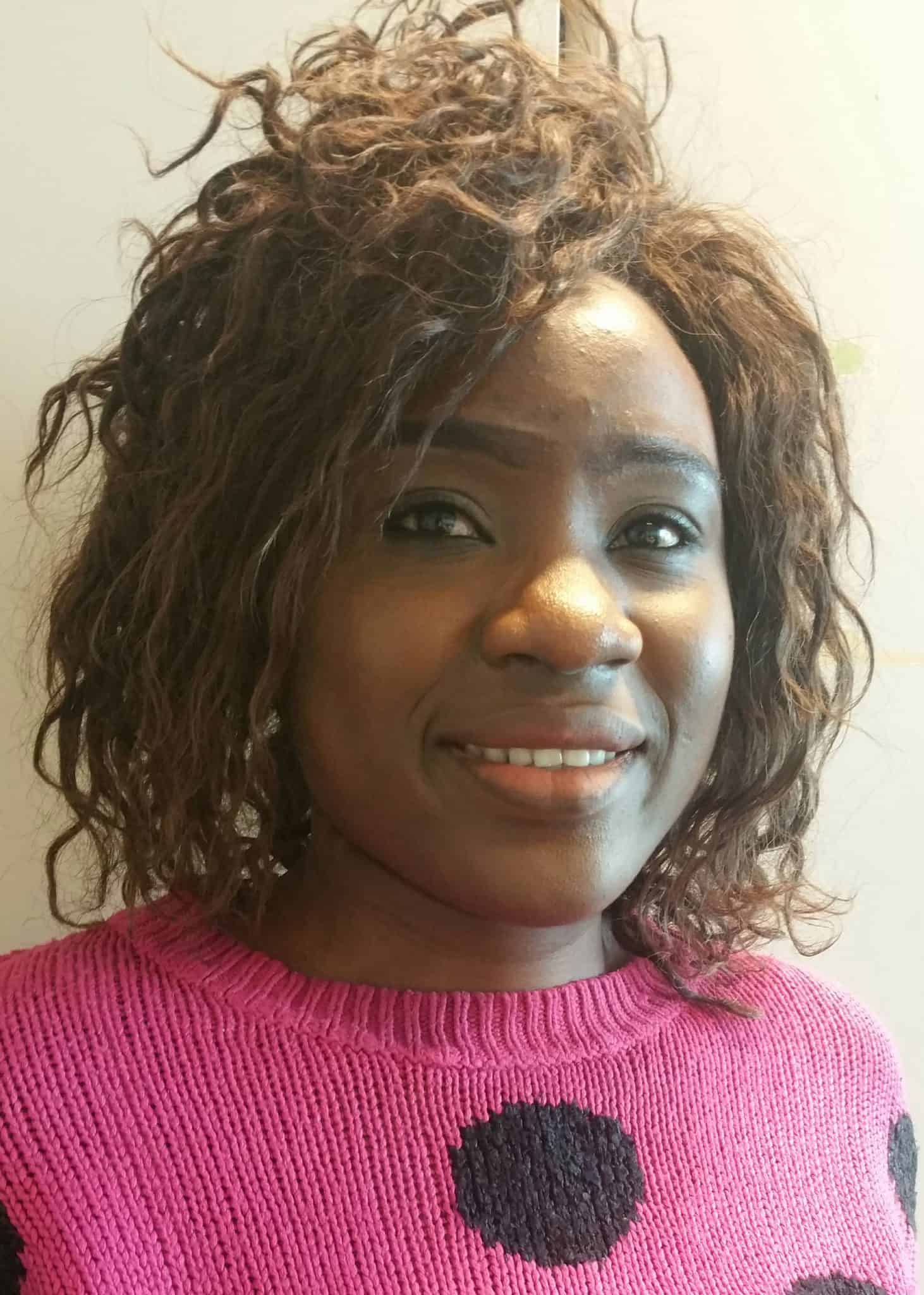


Spoken by those with elementary education Level 2: A step above, and the most spoken.Level 1: Pidgin, spoken as the casual language.

Though the exact levels of Nigerian English usage are contested, one suggestion indicates there are four levels of usage within the nativized (but not indigenous) English: The tacking on of "sir" to another title ("Professor sir") illustrates a greater level of prestige than normal or an instance of being more polite than the norm. "Sir" or the replacement of names with titles indicates respect and a high value for politeness. The literal meaning of "sorry" usually indicates some sort of responsibility on the part of the person saying it, but for all varieties of Nigerian English, it is used to express sympathy in a unique way, or to show empathy to whoever has experienced misfortune. Two prevalent examples are "sorry" and "sir". However, a few features have united across communities that bridge the differences between different varieties even within Nigerian English, all pertaining to cultural values that are expressed uniquely in English terms. Contact between British Standard English and Nigerian English, which have two very different sets of grammatical, pronunciation, and spelling rules has caused there to arise a predominant occurrence of "faulty analogy" (the assumption that because one grammatical feature resembles another in usage, the rules applying to the former also apply to the latter) in what Okoro refers to as "substandard" varieties of Nigerian English. Nigerian English has long been a controversial idea in that the idea of a "Standard Nigerian English" (SNE) is difficult to establish, considering the fossilization that has occurred in the formal instruction of English in many regions of Nigeria, for a variety of factors largely including "interference, lack of facilities, and crowded classrooms".

Nigerian English became a nativized language that functions uniquely within its own cultural context. Like South African English, its nativization and development as a New World English corresponds roughly with the period of colonization by Britain and afterward. Nigerian English is a nativized form of English. There are three main dialects of Nigerian English: Hausa English (spoken by the Hausa), Igbo English (spoken by the Igbo) and Yoruba English (spoken by the Yoruba). Nigerian Pidgin, a pidgin derived from English, is mostly used in informal conversations, but the Nigerian Standard English is used in politics, formal education, the media, and other official uses. Based on British English, the dialect contains various loanwords and collocations from the native languages of Nigeria, due to the need to express concepts specific to the culture of the nation (e.g. Nigerian English, also known as Nigerian Standard English, is a dialect of English spoken in Nigeria. Problems playing this file? See media help.


 0 kommentar(er)
0 kommentar(er)
